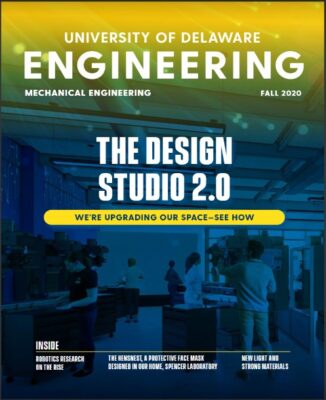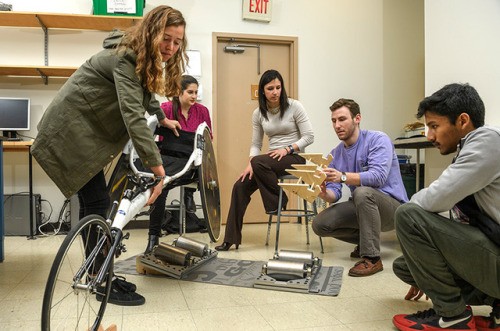
Aug 29, 2017 | Biomechanical, Design, Students
UD engineering students take senior design project to conference in Tucson University of Delaware engineering students Sarah Peden, Marjelle Scheffers, Dylan Wergelis-Isaacson and Desik Somasundaram placed third in the Undergraduate Design Competition at the Summer...
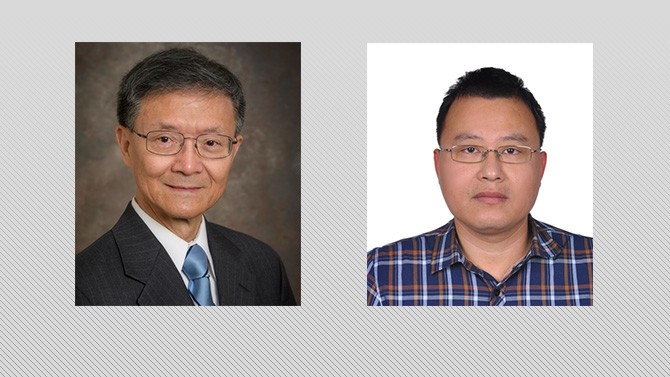
May 24, 2017 | Composites, Faculty, Nanotechnology, Research
Paper reports successful use of nanocomposites to absorb electromagnetic radiation The rapid development of modern electronic equipment and wireless devices has resulted in severe electromagnetic (EM) radiation pollution, which has implications in the health of...
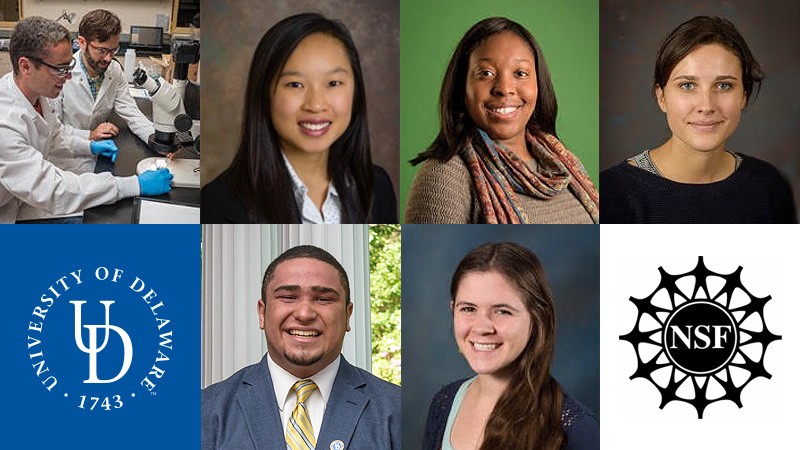
Mar 28, 2017 | Honors, Research, Students
Twelve UD students, alumni win prestigious research support A dozen University of Delaware students (undergraduate and graduate) and alumni have won National Science Foundation Graduate Research Fellowships as the prestigious competition marks its 65th year. Fourteen...
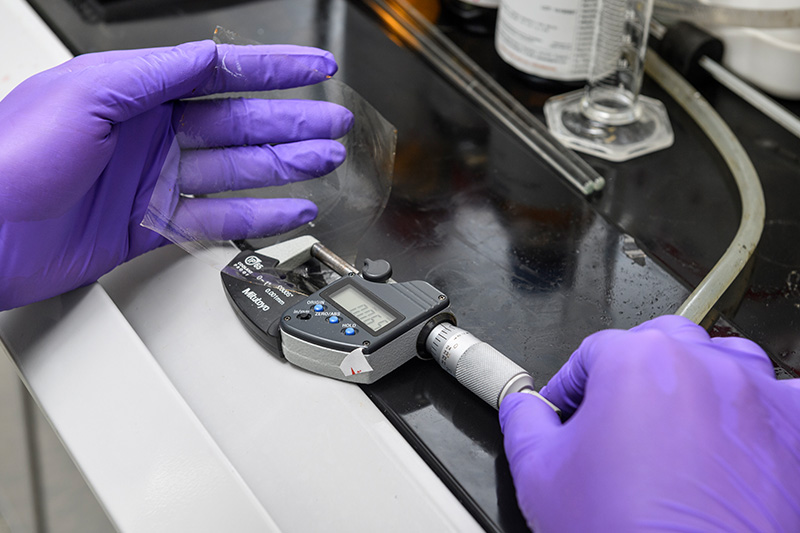
Mar 24, 2017 | Clean Energy-Environment, Energy, Research
Paper documents self-healing membrane for fuel cell applications Fuel cells, which offer a cleaner, more efficient alternative to the combustion of gasoline and other fossil fuels, are an important enabling technology for the nation’s energy portfolio....
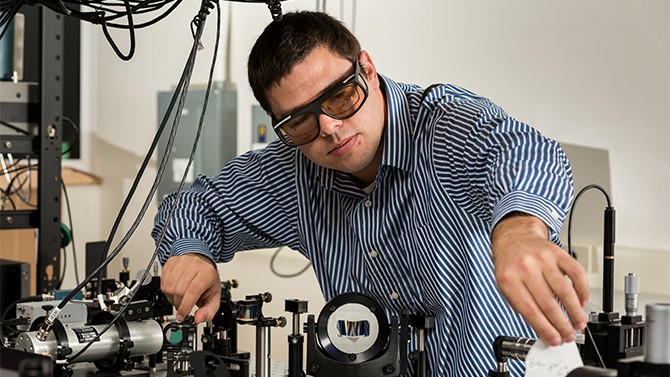
Mar 16, 2017 | Faculty, Nanotechnology, Research
Feser’s research to focus on engineering of materials with improved thermal properties At a microscopic level, heat flow in many materials occurs through random vibrations, called phonons, that transport energy in a wave-like manner. Recently, Joe Feser, assistant...
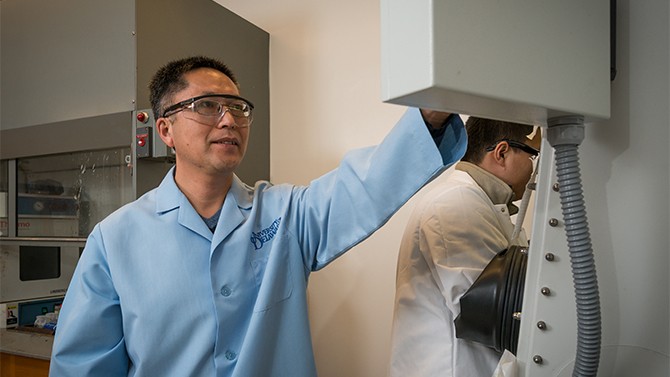
Mar 6, 2017 | Clean Energy-Environment, Energy, Faculty, Research
Researchers report new approach to improving lithium-sulfur batteries Rechargeable lithium-ion batteries are the power behind most modern portable electronics, including cell phones, tablets, laptops, fitness trackers, and smart watches. However, their energy density...








